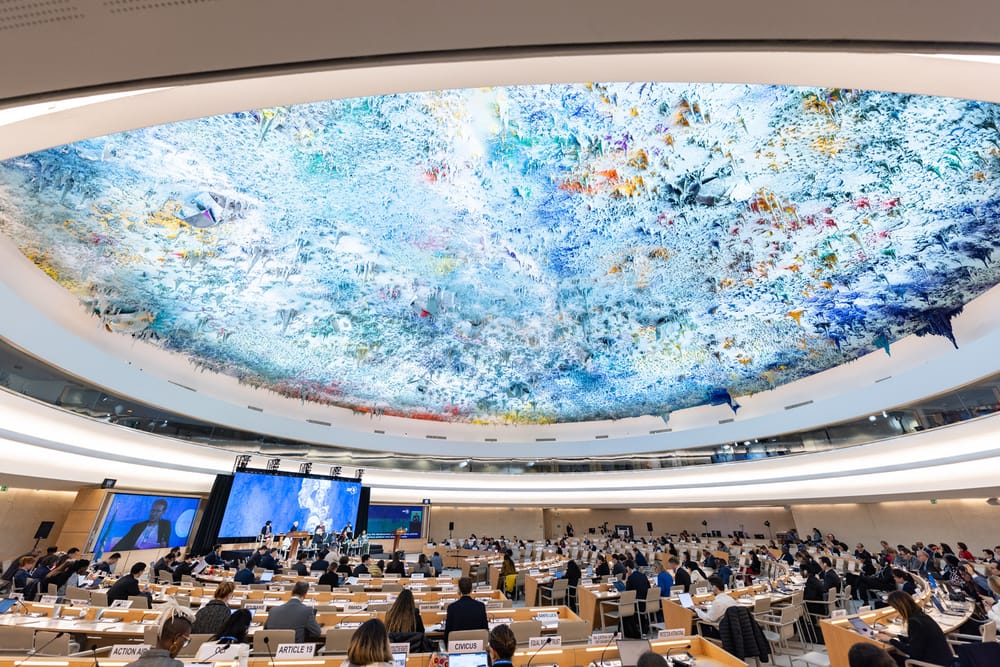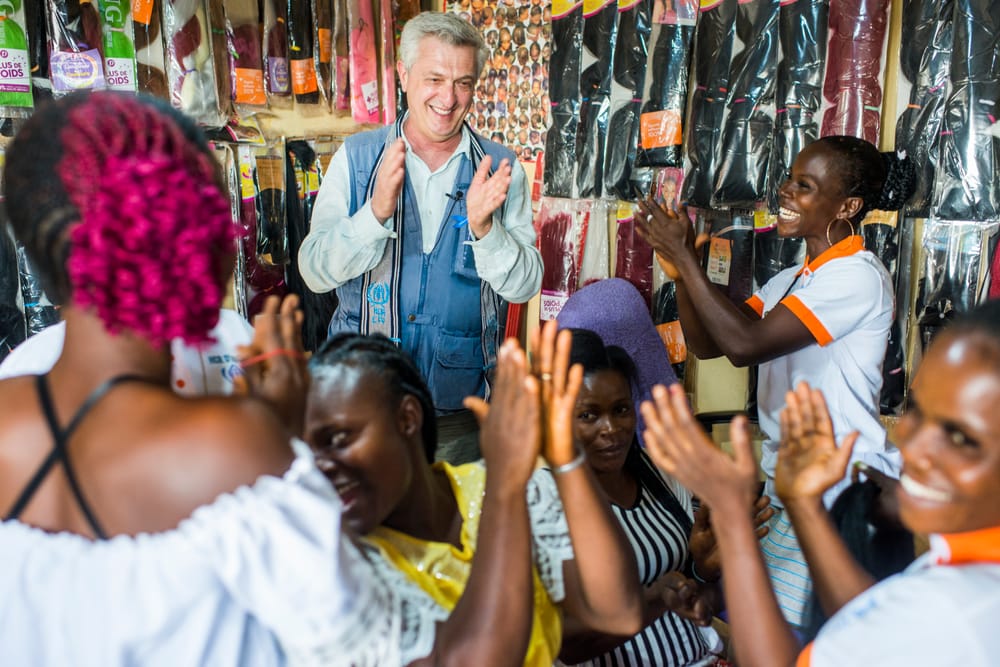By Claire Somerville
Gendered inequalities and injustice remain stubbornly systemic, relentlessly persistent, and perniciously invasive across the globe. No country has achieved substantive gender equality despite efforts at the political, strategic, and policy levels. According to recent estimates, 1 in 3 women globally have experienced physical or sexual violence and earn between 7 and 20 percent less than men. Additionally, 800 women die each day of preventable causes related to pregnancy and childbirth, and two-thirds of the world's illiterate are women.
Documented efforts to address the rights of women stretch back in history and include, for example, Mary Wollstonecraft’s 1792 treatise entitled A Vindication of the Rights of Women; the Seneca Falls Convention on Women’s Rights of 1848 and internationally, the first International Women’s Day of 1911 which sought to embolden calls for women’s suffrage and labour rights. All of these examples are nuanced and contextual, but are indicative of activity in the pursuit of some, if not all rights, of equality among all peoples. The codification of the rights of all women and girls was, arguably, a pillar of the post-war norms-based order. This was enshrined in Article 7 of the 1919 Covenant of the League of Nations, deepened in subsequent consensus agreements, and institutionalised with the establishment of the Commission on the Status of Women (CSW) in 1946. Global policy-level efforts such as the 1997 ECOSOC Gender Mainstreaming Resolution (A/52/3) sought to push the extra mile “making women’s as well as men’s concerns and experiences” a part of the gender equality goal.
Feminist critiques have consistently highlighted challenges and problematised some of these approaches. The fact that women needed to be “included” or “added”, for example, speaks volumes to the entrenched patriarchy in which such measures have grown. Putting aside scholarly critical thinking, there has been at least some sense of assurance that the human rights framework, the norms-based global order, and the processes and strategies of international governance, were safely progressive in advancing gender justice. However, in October 2020, 33 countries signed the Geneva Consensus Declaration that rehashed long outdated language from the UN system and appropriated the health of women, specifically Termination of Pregnancy (ToP) as an entry point to build opposition to the Universal Declaration of Human Rights (UDHR). Such attempts to use gender, the rights of women and girls, and people of all Sexual Orientation and Gender Identity (SOGI) should alert us all to remain attentive to the politics of gender in International Governance.
Geopolitical context and Geneva negotiations
Responses to gender inequality, the rights of all women and girls, and further, the rights to be free from SOGI-based discrimination have typically been polarised along geopolitical lines. This mirrors the wider global political divisions of authoritarian populism with concerted challenges to the rules-based system. Mobilisations that seek to undermine and disrupt multilateral fora and global governance processes can often manifest as anti-gender and anti-rights movements.
Responses to gender inequality, the rights of all women and girls, and further, the rights to be free from SOGI-based discrimination have typically been polarised along geopolitical lines.
In centres of multilateral governance such as Geneva, these alliances can be powerfully active at the negotiation table where gender is sometimes utilised as an entry point to a transnationally coordinated effort to disrupt normative governance processes.
Two examples illustrate how this can unfold. The first example is the 75th World Health Assembly (WHA) closing session in 2022 which was derailed and delayed overnight after the consensus broke. This forced a vote on language around a gender issue (rights to sexual health and education in a technical document). The second example is the 111th Session of the International Labour Organisation( ILO) conference in June 2023, which faced an unprecedented break in consensus in approving the 2024-25 budget and was forced to vote on a gender issue (discrimination of all workers of all sexual orientation and gender identity in the workplace).
Why does this matter?
In the short history at the start of this article, the 20th-century codification of the rights of women in the international system suggested a progressive route towards an early stated goal of gender equality. However, in the examples above, gender issues are being negotiated, with long-standing normative frameworks on gender equality in health, in the workplace, and at home being subject to voting. To stall the closing of the WHA on negotiation over a technical document (which is not typically subject to member state negotiating tables as many have pointed out) undermines the decades of historical activism that sought to entrench gender justice in the laws and processes of the multilateral system of global governance. One wonders what message this sends to women, girls, and all gender minorities around the world, including here in Switzerland, when the international rules-based system is prepared to negotiate and vote on their rights.
Beyond messaging, procedurally, the breaking of consensus and state sovereignty clauses allows gender-based inequalities to be silenced at national levels. Sovereignty clauses on gender create gendered collateral damage as a consequence of coordinated political strategies to disrupt the rules-based system of human rights and multilateralism. The collateral damage of such appropriation on the rights of women, girls, and gender minorities affects the grassroots, where activities are undermined and defunded. Consequently, what happens during normative processes such as budget approvals or technical health guidance discussions in International Geneva cascades to communities where sovereignty clauses curb access to full and comprehensive universal health coverage and gender equality as laid down in the UDHRs.
Moving forward
Gender issues can be weaponised to oppose multilateral cooperation that underpins the rules of law, human rights, health, labour, trade and humanitarianism within International Geneva.
As the host city to first the League of Nations, the subsequent United Nations, over 40 International Organisations, and as the site of multilateral governance process and negotiations, leadership is critically important in International Geneva. As argued above, gender issues can become a soft diplomatic target and an entry point to breaking consensus-based multilateralism. As scholars, activists, UN member states, IOs and INGOs, we must all be attentive to the co-optation of gendered issues that serve political objectives. Gender issues can be weaponised to oppose multilateral cooperation that underpins the rules of law, human rights, health, labour, trade and humanitarianism within International Geneva. The human rights of women, girls and gender minorities should never become transactional trade-offs in the broader geopolitical gaming on how we work together globally.
About the author
Claire Somerville is a Lecturer in International Affairs and the Executive Director of the Gender Centre at the Geneva Graduate Institute.
The opinions expressed in this publication are those of the authors. They do not purport to reflect the opinions or views of the Geneva Policy Outlook or its partner organisations.





